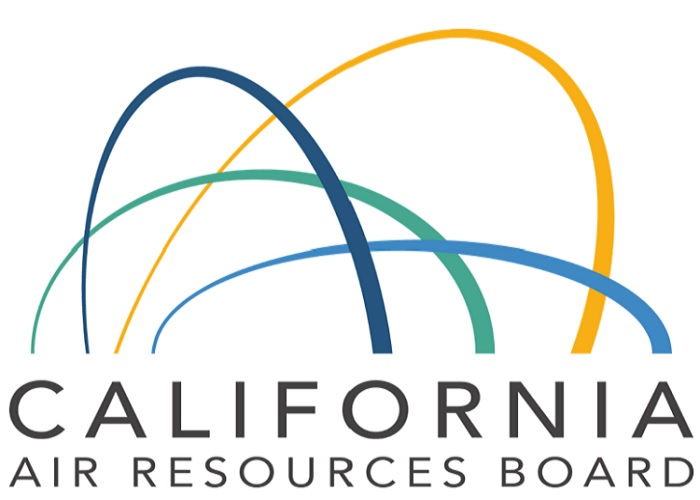CARB P2 Regulation

The CARB Phase 2 Regulation, enforced by the California Air Resources Board (CARB), is designed to limit formaldehyde emissions from composite wood products, such as particleboard, medium-density fibreboard (MDF), and hardwood plywood. This regulation helps improve indoor air quality by reducing the release of formaldehyde, a volatile organic compound (VOC) that can cause health issues such as respiratory problems and cancer.
The CARB Phase 2 regulation also covers laminated products, specifically when they contain composite wood materials like particleboard or MDF that are laminated with wood veneer. Laminated products that use these materials must comply with the same formaldehyde emission standards as the underlying composite wood panel.
The CARB Phase 2 standard applies to both domestically manufactured and imported products sold in California. The limits for formaldehyde emissions under CARB P2 are:
- 0.05 ppm for hardwood plywood (HWPW)
- 0.09 ppm for particleboard (PB),
- 0.11 ppm for MDF,
- 0.13 ppm for thin MDF.
- 0.05 ppm for Laminated Product (HWPW-CC)
CARB Certifications
CARB Certification is a third-party verification process that ensures composite wood products meet California’s stringent formaldehyde emissions standards. Established by the California Air Resources Board (CARB), this regulation aims to protect public health and reduce air pollution by limiting formaldehyde emissions from wood products.
The regulation specifically sets formaldehyde emissions limits for three main types of composite wood products:
- Hardwood Plywood (HWPW)
- Particle Board (PB)
- Medium Density Fibreboard (MDF)
- Laminated Products (HWPW-CC)
Third-Party Verification:
- Independent certification bodies conduct testing and verification of products to ensure compliance with CARB standards. This adds credibility and trust to the certification process.
Testing Protocols:
- Manufacturers must submit samples of their products for laboratory testing, following established methods to measure formaldehyde emissions.
Future Requirements for Laminated Products:
- Initially, laminated products were exempt from being treated as hardwood plywood, but under new regulations, this exemption will end. By March 2024, laminated product producers will need to comply fully with the CARB P2 standards, including certification, unless they qualify for certain exemptions
Labelling Requirements:
- Certified products are required to carry appropriate labelling to indicate compliance, providing transparency to consumers and retailers.
- Laminated products that comply with CARB P2 must be labelled accordingly, indicating that they meet the formaldehyde emission standards under CARB's Airborne Toxic Control Measure (ATCM)
Benefits
- Access to the California market, known for its environmentally conscious consumers.
- Enhanced credibility and marketability as an environmentally responsible company.
- Reduced risk of penalties and legal issues related to air quality regulations.
Why Sustainable Stewardship Private Limited
In today's competitive market, obtaining the right certifications is crucial for businesses aiming to demonstrate their commitment to quality, safety, and compliance. Sustainable Stewardship Private Limited stands out as a leading certification company, and here's why partnering with us can benefit your organization.
Related standards
ASTM E1333 Standard Test Method for Determining Formaldehyde Concentrations in Air and Emission Rates from Wood Products Using a Large Chamber
ASTM D6007 Standard Test Method for Determining Formaldehyde Concentration in Air from Wood Products Using a Small Scale Chamber
For more information contact us info@sustainablestewardship.net
